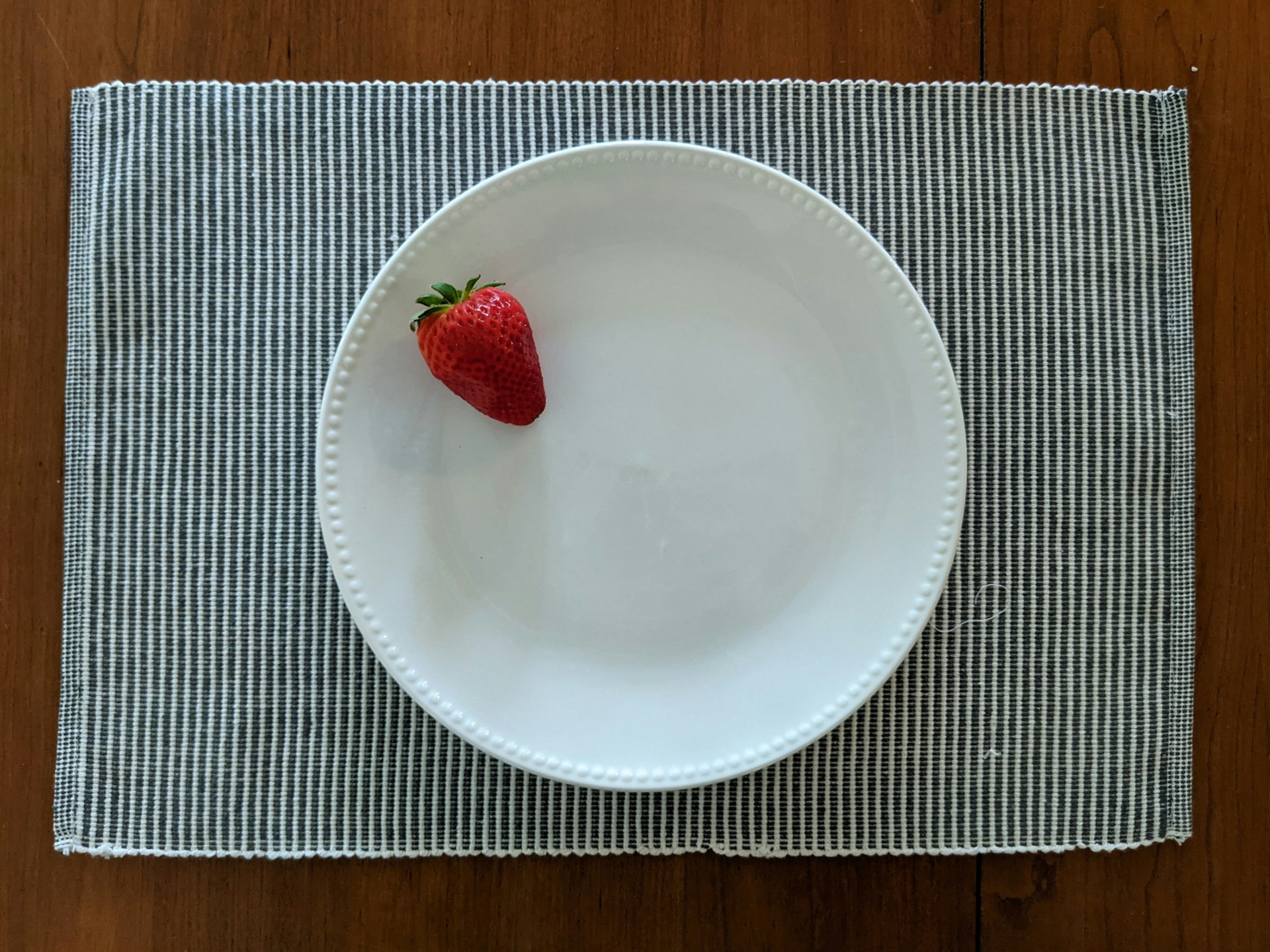By Dr. Steven Batash, Gastroenterologist
It’s a common misbelief that the more willpower you have, the more weight you’ll lose.
Let’s be frank: When it comes to weight loss, willpower is a myth. It’s a common misbelief that the more willpower you have, the more successful you will be. At its core, willpower is a short-term restriction in pursuit of long-term goals. However, willpower is not a trait we are born with and tends to diminish in the face of stress. Studies have shown that the more we exercise restraint and self-control in the short term, the harder it is to fight temptation in the long run.
Willpower might be a popular hashtag for weight loss stories on social media, but when it comes to actual weight loss, engaging in negative self-talk about one’s lack of willpower can make losing weight even more difficult. Losing weight is a mental, emotional, and physical journey that thousands of people start every day. Looking at before-and-after pictures can be motivating when it comes to taking that all-important first step. But maintaining your ideal weight into the future takes discipline, support, and a strong commitment to your health. Some people want to look and feel better, not just make themselves look skinny. For others, the potential health benefits of weight loss – such as lower cholesterol, increased mobility, and decreased risk of disease – take priority.
{{cta_small}}
What’s important to remember is the role of science, not willpower, in losing weight. There’s an outdated belief that someone who undergoes a weight loss procedure has no willpower. This simply isn’t true. The fact is, weight loss can be extremely complex. Several scientifically-proven factors related to biology and genetics are all part of the process.
Ultimately, every weight loss journey is different because everybody is different. The power to make healthy changes starts on a personal level. Trying to choose the right weight loss option without professional support can be difficult and frustrating, especially when the weight loss never seems to last.
From lifestyle changes to procedures, choosing effective weight loss tools that will work for you is critical to your long-term success. If you have a BMI of 25 or higher and diet and exercise alone aren’t cutting it, an endoscopic weight loss procedure may help you lose weight – and keep it off. Endoscopic weight loss procedures like the Suture Sculpt endoscopic sleeve or the Orbera intragastric balloon are 100% non-surgical and are designed for patients who not only want to lose weight but to keep it off. While plastic surgery procedures like butt lifts and tummy tucks sculpt certain areas of the body, they work best when you are already at your ideal weight.
Endoscopic weight loss is weight loss that lasts. If you’re ready to meet your weight loss goals, I offer consultations, coaching, and the latest non-invasive procedures for people who want to lose weight and keep it off. We’ve helped thousands of patients successfully maintain their ideal weight through a combination of endoscopic procedures and our OnTrack Coaching, which is based on the psychology of eating and exploring your relationship with food. Before, during, and after your procedure, we’re here to help you navigate your new lifestyle and diet.
{{cta_button}}








